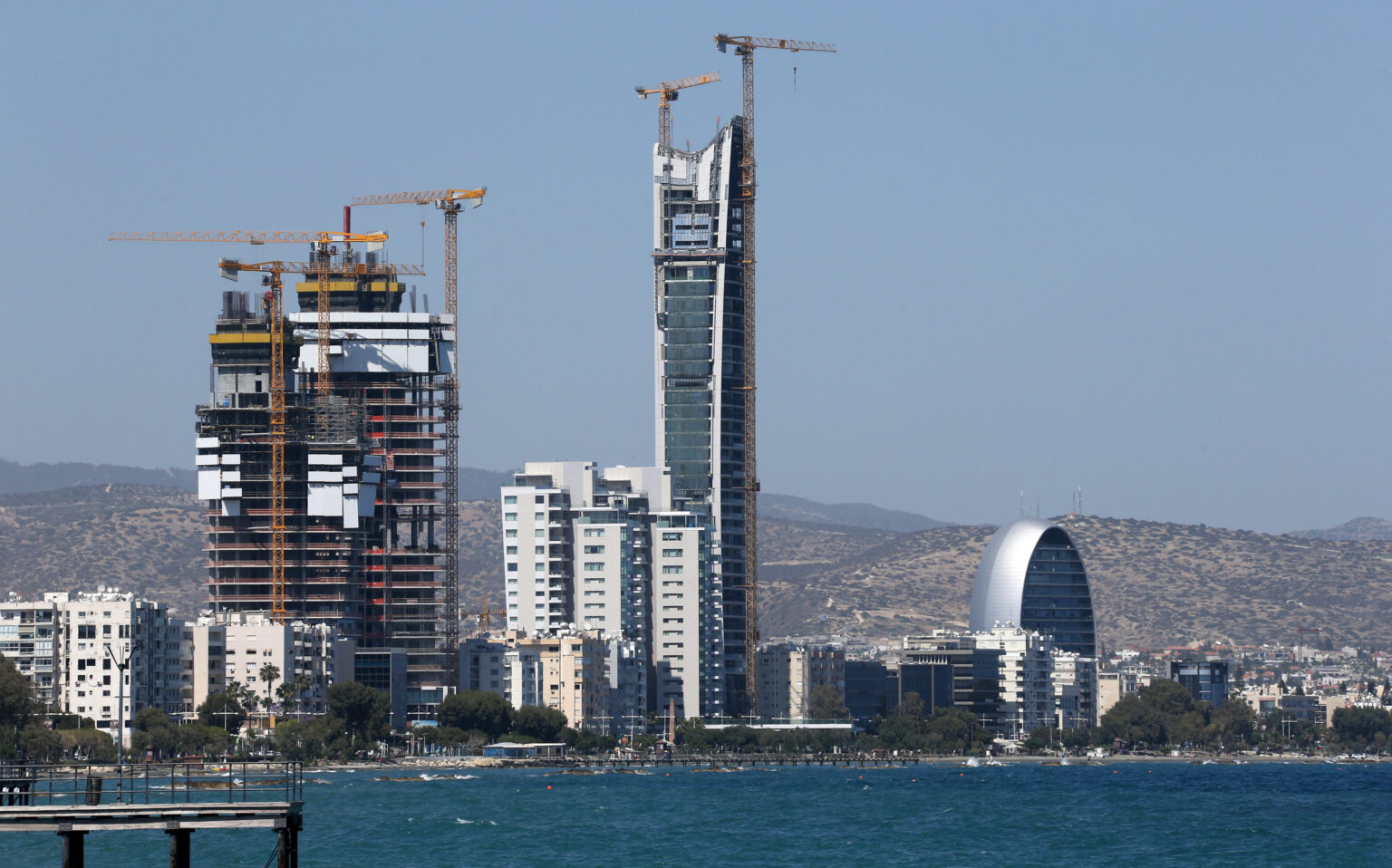Russian sanctions impact real estate market
11.06.2022
A Reuters journalist found out why Cyprus does not react in any way to EU sanctions proposed against Russians or Russian companies that prohibit the purchase of real estate in member countries.
At this stage, there is no rent, only the purchase of real estate. The explanation provided by the Republic of Cyprus is that “measures against Russia should not affect EU member states more than Russia.”
Thus, we have a reduction in tourism from Russia (mainly in favor of Turkey), the closure, restriction or abandonment of companies representing the interests of Russia (such as RCB Bank), dismissal and reduction of staff, and the impact on unemployment.
Countries like ours have limited sources of foreign exchange, so what’s left in the end?
Other EU countries have alternative incomes and the above proposal may not affect them much, but what about us? It took over 30 years to build this Cypriot-Russian real estate relationship and now we are heading towards total collapse. There are reactions from other countries such as Malta, Italy and Hungary, while the Baltic countries and Poland, on the other hand, are pushing for a tougher stance.
As if that weren’t enough, we also have an expected increase in emissions costs, which the Minister of Transport says will result in an estimated 20% reduction in visitors to Cyprus (due to increased airfare).
If we extend this percentage reduction to the real estate market with pre-sanction purchases of Russians at the level of 15%, then it is obvious that the real estate market will have a chain effect of at least 50% in this market.
To try to rectify the situation, we have proposals for large-scale developments, which, due to the inability of the Civil Service to respond to applications in a timely manner, appoint a project manager who will oversee the application with the goal of a maximum license issuance period of 12 months.
However, there is a provision that this project manager must be a civil servant and not from the private sector.
Thus, this proposal will replace civil servants who have not been able to respond quickly. Will there be a difference?
But even now there are deadlines for non-compliance with applications, even with the current imposition of fines and penalties – my experience of unanswered letters in some cases goes back more than two years, with at least three reminders to the Secretariat of the Council of Ministers and other government officials.
Similarly, a Russian investor’s application for an eco-sports park in Troodos was rejected two years later because the developer did not receive a response on the rental price from the Land Registry, despite approval of its application by the Council of Ministers.
With an estimated upfront payment of €10,000 plus costs before the license is issued, the investor will have to pay for the weakness of the civil service in the hope of a better response.
As for the speed at which the zoning board makes decisions, you’d be better off looking elsewhere because that’s depressing.
In addition to government officials and private firms, these project managers should be allowed (based on a list approved by the ETEK technical chamber) to keep records of their activities, with similar complaints being made to the appropriate commissioner or ombudsman.
When civil servants claim 40 days of vacation, extended sick leave and other benefits, it is impossible to see how the use of civil servants can speed up the process.
Antonis Loisou Real Estate Appraiser, Real Estate Seller and Development Project Manager
















